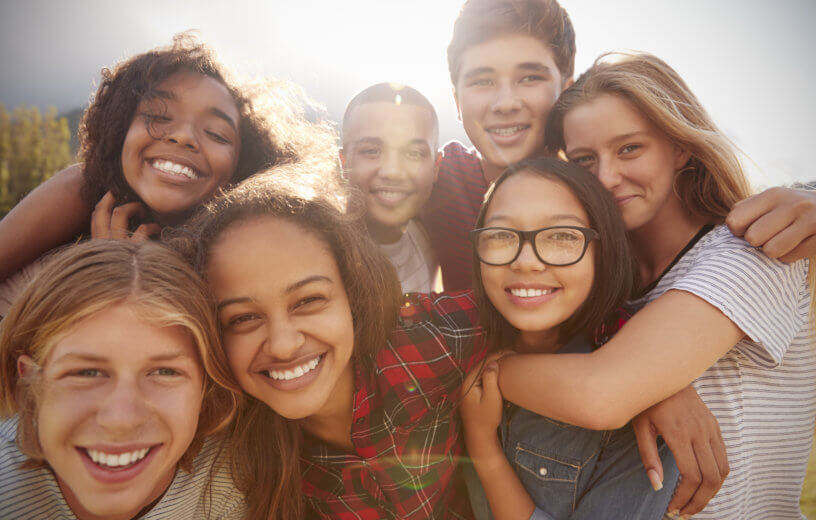EXETER, United Kingdom — Is Disney making bad role models for children? Meaningful, rewarding real life relationships don’t just happen, they require work. Price Charming probably isn’t going to ride in on a white horse just in time to save the day, either. A new study argues that kids need to understand that what they see on TV and movie screens is far from an accurate portrayal of how to build relationships in their own lives.
That’s why researchers at the University of Exeter are calling for schools to start placing far more importance on emphasizing and teaching such topics. To help counteract negative role models in the media and so-called “Disneyfied” portrayals of love, researchers argue children should receive lessons on how to build strong relationships.
Study authors believe that learning how to build and sustain a strong partnership should be an integral aspect of public education, particularly when we talk about helping people find generally good health and well-being. Relationship problems and distress have a link to additional concerns like alcohol misuse, poor mental health, child poverty, and obesity.
According to researchers, children need to hear that real relationships require work, learn how to manage expectations, and ultimately understand “good” relationships do not just happen.
“Our research shows schools need improved support to run relationships education, including specialist expertise and resources, and guidance on signposting pupils to external sources of help. Positive relationship behaviors should be modeled, integrated and built on throughout curriculums nationally and reflected in a school’s ethos,” says study co-author Simon Benham-Clarke in a university release.
“Those we surveyed highlighted the importance of teaching skills such as relating, communication, empathy, respect, conflict resolution and repair and ending relationships kindly and safely.”
What do kids want to know about relationships?
Adolescents who took part in this study told researchers more relationship education would help them develop better skills in reference to relationship management, communication, and conflict. Participants also said they would welcome lessons on how to deal with different relationship stages, how to sustain a happy relationship in general, and how to end an unsustainable relationship, as well as deal with the aftermath of such a decision.
“Young people saw schools as offering an unbiased and alternative perspective on relationships, particularly for those who might have more challenging backgrounds, however a desire was expressed for a greater focus in schools on how relationships ‘work’ rather than on sex education,” explains study co-author Dr. Tamsin Newlove-Delgado. “Participants also felt that talking about family and peer relationships should come first, building up to later discussions about romantic relationships in later years at school, with some highlighting links between patterns of relationship behavior.”
“Some young people were concerned about whether education about romantic relationships could put people of their age under pressure if it were too early.”
Families play a big role, but schools can help too
Study authors held focus groups with 24 teens from the Southwest (ages 14-18), along with 10 relationship professionals. Each teen recognized the importance of schools doing more to help adolescents build and maintain healthy relationships.
“Those we surveyed felt schools could improve relationship outcomes for pupils in other ways beyond the relationship education lesson, such as having someone to talk to, in person and in private. Others wanted signposting and information about sources of help outside the school setting,” adds study co-author Prof. Anne Barlow.
“While young people’s families were seen as the primary source of learning about healthy relationships, there was clear support for schools’ role to augment this, as not all families exhibit healthy relationships. Relationship professionals thought that there were key transition moments in life, getting married or having a baby, where people are receptive to learning relationship skills, but that schools had a critical role in teaching and embedding critical skills around initiating and maintaining a healthy relationship,” study co-author Dr. Jan Ewing concludes.
Study participants also expressed strong support for relationship education to start early, preferably around primary school age. To start, lessons should focus on exploring what a healthy friendship and relating well to others looks like before moving onto romantic relationships when the time is right. This approach would give young people vital social skills they’ll use for the rest of their lives. Relationship lessons in primary schools, as well as counseling support if necessary, was noted as especially important for adolescents dealing with parental conflict at home.
The study is published in BMC Public Health.

